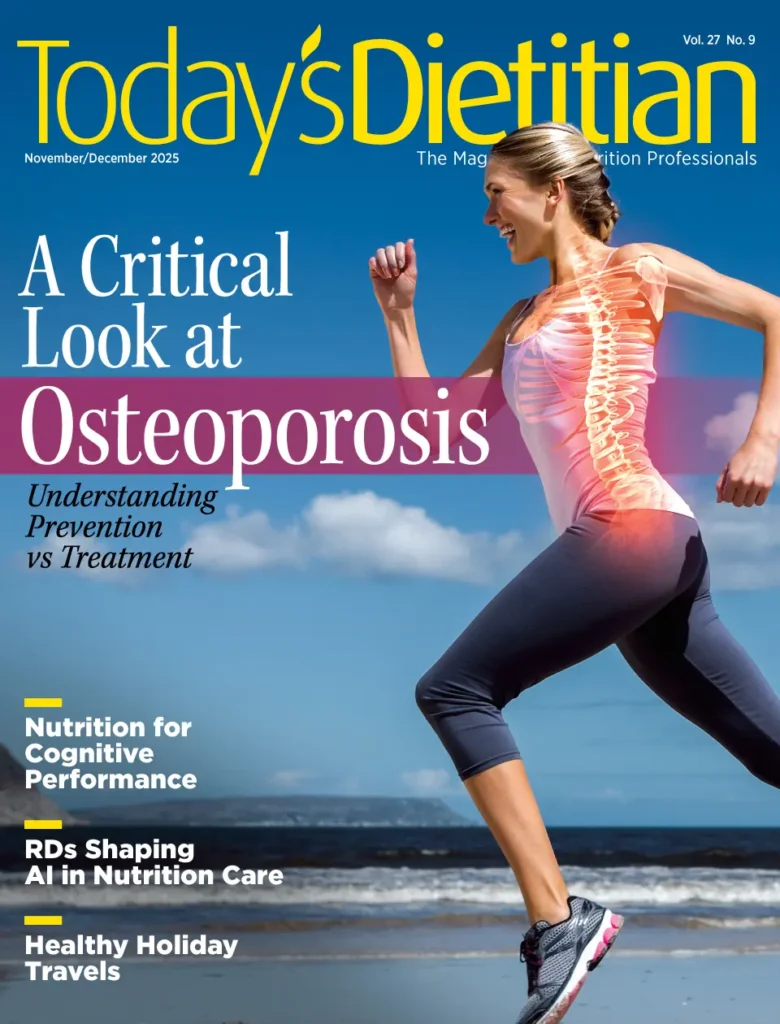Warning labels on sugary drinks may lead to more healthful drink choices, according to a new analysis of more than 20 studies examining these warnings. The findings could help inform policymakers, who are increasingly interested in implementing policies requiring warning labels for sugar-sweetened beverages such as soda, sports drinks, or fruit-flavored drinks.
“Our findings suggest that sugary drink warnings help consumers better understand products’ healthfulness and encourage consumers to make healthier choices about what drinks to buy,” says research team leader Anna H. Grummon, PhD, a David E. Bell Postdoctoral Fellow at Harvard T.H. Chan School of Public Health. “These results highlight the potential usefulness of sugary drink warning policies in both informing consumers and reducing consumption of unhealthful beverages like sodas, energy drinks, and fruit-flavored drinks.”
Grummon presented the research as part of NUTRITION 2020 LIVE ONLINE, a virtual conference hosted by the American Society for Nutrition.
“As policymakers’ interest in this policy has grown, so too has research on sugary drink warnings,” says the study’s coauthor Marissa G. Hall, PhD, an assistant professor at the University of North Carolina in Chapel Hill. “However, skeptics worry that warnings won’t be effective at informing consumers or encouraging healthier choices, and no research had synthesized existing evidence on sugary drink warnings to address these questions.”
To fill this knowledge gap, the researchers identified 23 experimental studies of sugary drink warnings with data from 16,241 individuals and performed a meta-analysis. Results indicated that, on average across studies, sugary drink warnings led to statistically significant reductions in sugary drink purchases.
“It is clear that sugary drink warnings can help consumers make healthier choices about the drinks they buy,” Grummon says. “Now we are studying the best ways to design warnings to maximize their benefits. For example, should warnings include icons or pictures that help communicate the warnings’ message?”
The researchers also are exploring the effects of other types of messages to encourage more healthful diets, eg, messages that encourage people to drink more water.
— Source: American Society for Nutrition
Binge Eating Associated With Depressive Symptoms
A new analysis of more than 200,000 people found that eating high-quality carbohydrates, such as whole grains, was associated with a lower risk of type 2 diabetes.
“High intake of carbohydrates has been suggested to be associated with a higher risk of type 2 diabetes,” says research team leader Kim Braun, PhD, from Erasmus University Medical Center and Harvard T.H. Chan School of Public Health. “We looked at whether this effect is different for high-quality carbohydrates and low-quality carbohydrates, which include refined grains, sugary foods, and potatoes.”
Braun presented the new findings as part of NUTRITION 2020 LIVE ONLINE, a virtual conference hosted by the American Society for Nutrition.
Braun and colleagues analyzed data from three studies that followed health professionals in the United States over time. These included 69,949 women from the Nurses’ Health Study, 90,239 women from the Nurses’ Health Study 2, and 40,539 men from the Health Professionals Follow-up Study. Collectively, the studies represented more than 4 million years of follow-up, during which almost 12,000 cases of type 2 diabetes were documented.
The researchers observed a lower risk of type 2 diabetes when high-quality carbohydrates replaced calories from saturated fatty acids, monounsaturated fats, polyunsaturated fats, animal protein, and vegetable protein. They also found that replacing low-quality carbohydrates with saturated fats, but not with other nutrients, was associated with a lower risk of type 2 diabetes.
“These results highlight the importance of distinguishing between carbohydrates from high- and low-quality sources when examining diabetes risk,” Braun says. “Conducting similar studies in people with various socioeconomic backgrounds, ethnicities, and age will provide insight into how applicable these findings are for other groups.”
— Source: American Society for Nutrition


